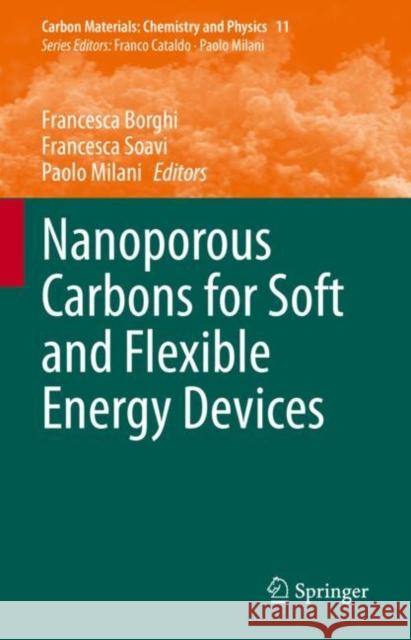Nanoporous Carbons for Soft and Flexible Energy Devices » książka
topmenu
Nanoporous Carbons for Soft and Flexible Energy Devices
ISBN-13: 9783030818265 / Angielski / Twarda / 2022 / 290 str.
Nanoporous Carbons for Soft and Flexible Energy Devices
ISBN-13: 9783030818265 / Angielski / Twarda / 2022 / 290 str.
cena 603,81
(netto: 575,06 VAT: 5%)
Najniższa cena z 30 dni: 578,30
(netto: 575,06 VAT: 5%)
Najniższa cena z 30 dni: 578,30
Termin realizacji zamówienia:
ok. 16-18 dni roboczych.
ok. 16-18 dni roboczych.
Darmowa dostawa!
Kategorie:
Kategorie BISAC:
Wydawca:
Springer
Seria wydawnicza:
Język:
Angielski
ISBN-13:
9783030818265
Rok wydania:
2022
Wydanie:
2022
Numer serii:
000370889
Ilość stron:
290
Oprawa:
Twarda
Wolumenów:
01











